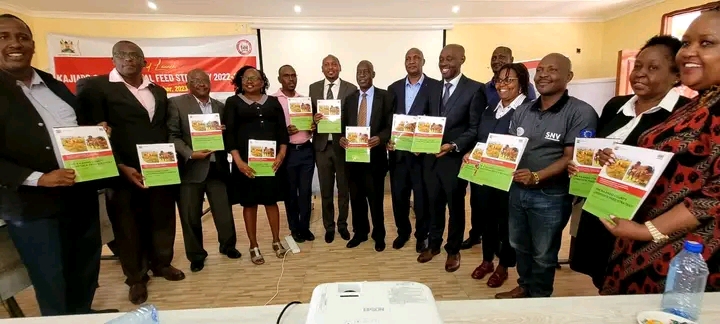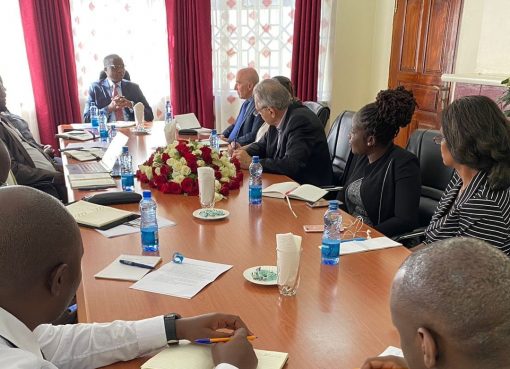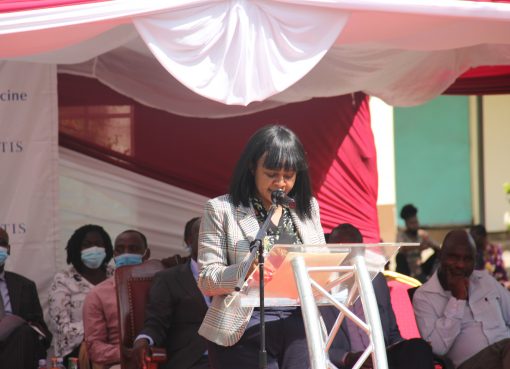Livestock feed has been a major problem in Kajiado County and climate change has further aggravated the situation.
It is against this backdrop that Kajiado County in partnership with The State Department of Livestock, Food and Agriculture Organisation (FAO) Kenya and SNV Netherlands launched a livestock feed strategy in Kajiado.
The 2023-2033 document aims at enhancing the contribution of the livestock sector to food security, Agribusiness, employment creation, and rangeland rehabilitation towards Vision 2030 through production of quality and affordable livestock feeds.
According to Caroline Kosgey, an Agribusiness and Agri-food value chain specialist at FAO Kenya, the strategy is a major milestone for Kajiado County considering the history the region has in terms of climate change and the effects it has had on the community as they were one of the worst affected people by the recent drought.
“The document will guide the county, implementing partners, and any other value chain actors from the farmer all the way to the people who are going to utilize those feeds. They will be able to know what is needed, what is lacking, and the strategies they can put in place to make sure they have bridged that gap,” said Kosgey.
She also hopes that it is going to be a live document which the county can look at and adjust accordingly when the animals decrease or increase.
On his part, Julius Rono, the Project Manager for SNV Kenya said that they anticipate that the strategy will build more resilience by giving the county and its people including the agro-pastoralists a plan to develop and improve fodder production.
He remarked that Kajiado is deficient of livestock feeds at -34% and the strategy will provide the county with the necessary strategies and plans that will increase productivity of feed production.
He added that the strategy is also an investment vehicle for the county.
“Private sector participation in Asals has been quite low in Kenya but this document will provide an opportunity for investors in the beef value chain and also in the forage production so that it can go a long way in improving the productivity of livestock.
Improved sector productivity in livestock will also mean that the agro-pastoralists will also improve their livelihoods tremendously,” he said.
He also pointed out that the forage value chain is quite critical in building resilience in women and youth by creating employment opportunities along the value chain.
The strategy is also part of the wider plan by SNV to strengthen county government’s capacities and also bring partnerships around beef value chains so that it can be a vehicle for transforming food systems.
“We know the food security situation in Kajiado and many other Asal counties is wanting and this project will assist the counties not only to absorb the shocks of climate change but also to increase food security and livelihood improvement,” said Rono.
Kajiado’s County Executive Committee Member for Agriculture, Livestock, Irrigation and Fisheries Dr Jacktone Achola reiterated that the strategy will address the challenge of feed production, conservation and utilization in addition to creating investments in the livestock value chain.
“We are hoping that through this strategy, we will be able to increase the livestock productivity and if possible, ensure that we change from the traditional way of keeping livestock to commercial livestock keeping which will go a long way in increasing the household income and the Gross Domestic Product (GDP) for Kajiado County,” said Dr Achola
He added that the strategy will also help the farmers in investing in other fodder crops apart from the pasture which they have been relying on.
By Diana Meneto





